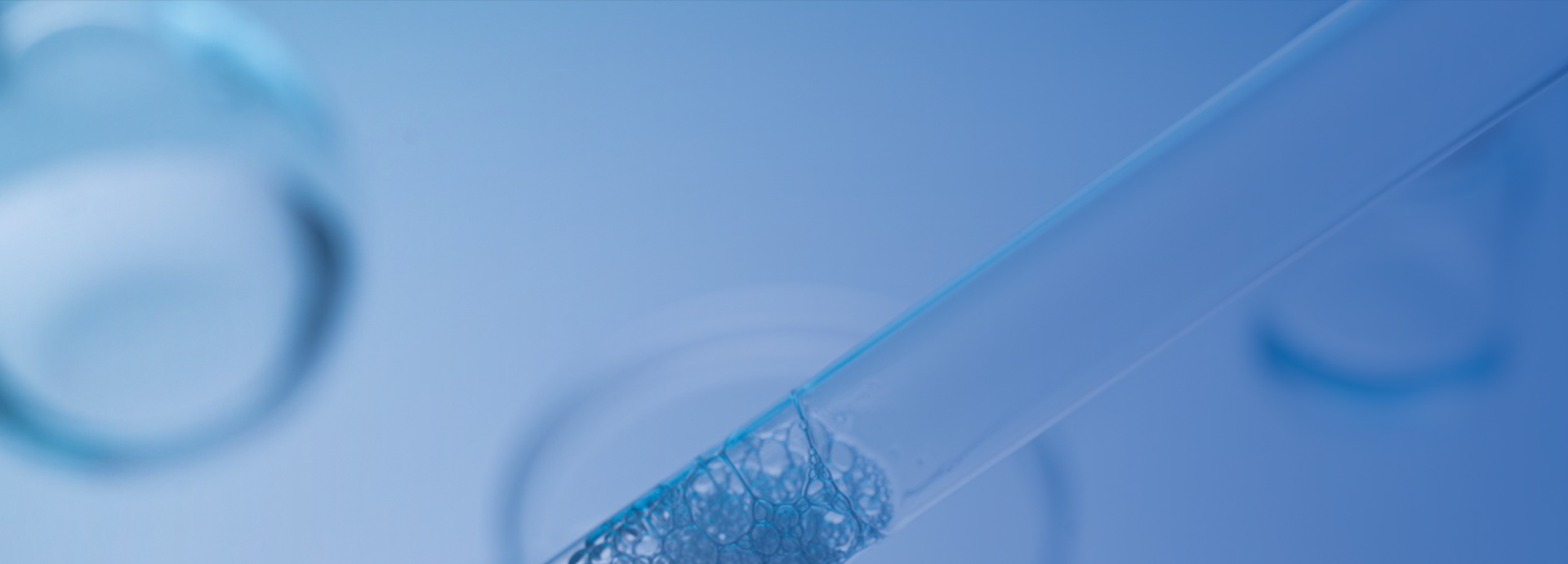
Flow Cytometry Laboratory
Flow cytometry is a powerful tool in immunology, cancer research, stem cell research, drug development, and molecular biology.In immunology, flow cytometry...
Service items
Rapid detection of a wide range of fluorescein-labeled cells by flow cytometry
Applications Examples
Flow Cytometry Laboratory
Flow cytometry is a powerful tool in immunology, cancer research, stem cell research, drug development, and molecular biology.
In immunology, flow cytometry can be used for lymphocyte subtype analysis, dendritic cell analysis, regulatory T cell analysis, Th17 cell analysis, cell activation, cytokine detection, HLA typing, and leukemia immunophenotyping. It can also be used to monitor the immune status of patients after organ or bone marrow transplantation, platelet function, and related diseases such as cardiovascular disease.
In cancer research, flow cytometry can be used to study tumor-related gene expression, tumor stem cells, tumor diagnosis, tumor prognosis, and drug resistance. In stem cell research, flow cytometry can be used for stem cell isolation, identification, and functional analysis.
Flow cytometry can also be used for cell sorting, which can be followed by further culture and related biological research, such as providing high-purity specific cell populations for RNA-Seq, PCR, FISH, and other technologies.
In cell biology, flow cytometry can be used for cell size, cell morphology, cell granularity, nuclear-cytoplasmic ratio, cell viability, apoptosis and apoptosis-related proteins, cell cycle and ploidy analysis, macrophage phagocytosis experiments, and exosome detection. It can also be used for measuring intracellular pH, Ca2+ concentration, reactive oxygen species, cell membrane integrity, membrane potential, mitochondrial membrane potential, and more.
In drug development, flow cytometry can be used for drug screening, antibody development, vaccine evaluation, and more. In molecular biology, flow cytometry can be used for specific antigen detection on cell surface/cytoplasm/nucleus, cell skeleton components, gene transfection efficiency detection, protein-protein interactions, phosphorylated protein detection, signal transduction pathway research, intracellular protein, DNA, RNA content, telomere length, chromosome karyotype analysis, platelet membrane glycoprotein (GP) detection analysis, and more.
Service Guide
Department of Core Facility of Basic Medical Sciences, Shanghai Jiao Tong University School of Medicine
postcode 299925
Old Red Mansion, 280 Chongqing South Road, Shanghai, China
021-63846590x776946